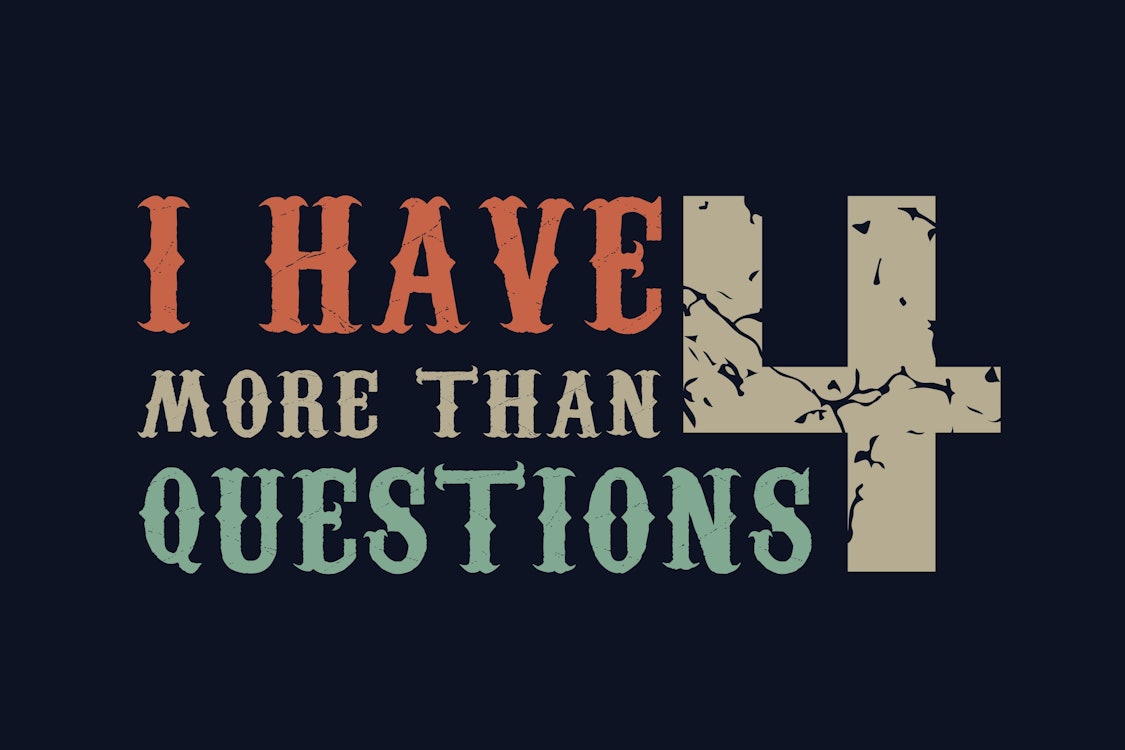
Writing under the handle “Bronxiniowa,” Ira Lacher, who actually hails from the Bronx, New York, is a longtime journalism, marketing, and public relations professional. This year, Passover began on the evening of April 22.
We’re well into the Passover festival, when Jews recall our exodus from slavery and bondage in Egypt on our way to establishing a Jewish nation. We’re also well into the ongoing ritual of college students protesting the existence of that nation, and authorities responding with censure and arrests.
Media representatives—sorry, but I can’t refer to all of them as journalists—have portrayed this conflict the way they usually portray it: in binary terms, as in either you’re pro-Israel (and therefore pro-Jew) or against Israel (and therefore antisemitic).
Passover begins with the seder, the ordered ritual meal during which we recall the exodus. The seder begins with the traditional Four Questions: Why is this night different from all other nights, why do we eat different foods, and so on.
But as our rabbis tell us, though we use the seder to respond to those questions, we don’t and shouldn’t pretend to get definitive answers. Instead, we are encouraged to ask further questions, about our history and customs, and our beliefs as a religion.
So, in the spirit of Passover, I offer these two sets of four questions to each side in the conflict: the protesters and anti-protesters. I hope they generate not answers, because they don’t have answers. But perhaps they can generate responses: more questions that in turn generate education—and a so-desperately-needed dialogue.
To the anti-Israel protesters:
What would you do if you governed a sovereign nation whose creation resulted from centuries-old assaults on your people around the world, and you were charged with the imperative that they should never happen again?
What would you do if your country were invaded by zealots who murdered, kidnapped, tortured, and raped scores of civilians?
What would you do if those zealots had the backing of a documented authoritarian organization whose published treatise specifically called for the total annihilation of your people?
And finally, why do you claim to stand up for repressed Muslims by a supposedly autocratic, theocratic state, yet ignore a nation that has made Muslim repression—dubbed “Hindu nationalism”—part of its official state policy? Or a nation that has imprisoned more than a million mostly Muslims since 2017 and relentlessly persecutes 10 million more?
For the anti-protesters:
Why do you insist that the right of free speech is absolute when courts throughout American history have provided exceptions to that right?
Why, if you call yourself elite educational institutions, do you silence and censor viewpoints instead of endorsing and enabling a dialogue to encourage learning?
Why do you continue to treat every discussion as binary code—either 1 or 0—when many contentious issues comprise several facets, which may or may not neatly fit together?
When you repeatedly engage in such repressive behaviors, how can you continue to call yourselves “progressives“?
As do our rabbis, I’m not expecting answers to these questions. But, like they, I hope your responses engender more thought, more consideration, and yes, even more questions.
Passover lasts eight days. The consequences of your answers encompass eternity.
So think about your responses. Think hard. Please.
Top graphic is by Masum Bhuiyan, available via Shutterstock.
